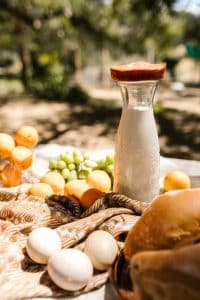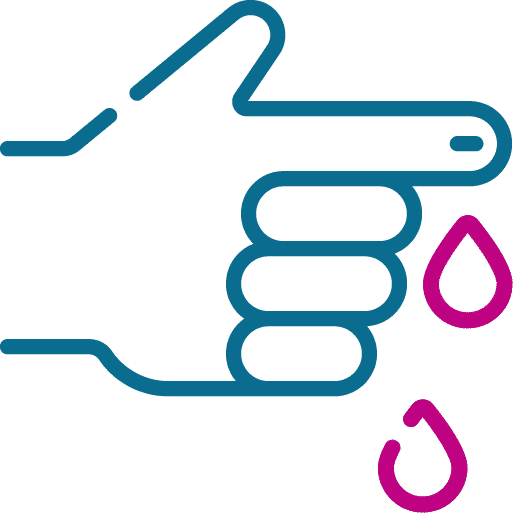Vitamin B12 is a water-soluble vitamin
Vitamin B12 is a water-soluble vitamin, otherwise known as cyanocobalamin. It is stored in the liver and is needed for the formation of DNA and the production of energy in our cells [1].
Where is it available and is it only vegetarians who lack it
Vitamin B12 deficiency causes anaemia, fatigue and depression. Long-term deficiency can cause permanent damage to the brain and central nervous system.
What foods can vitamin B12 be found in?
- Red meat – most sources of vitamin B12 are animal products. However, because of the cholesterol imbalance, leaner meats should be chosen.

- Milk and milk products – Dairy products such as milk, yoghurt and cheese are excellent sources of vitamin B12. They also contain protein, calcium, vitamins A, D, zinc, potassium and choline, which are essential for overall health.
- Eggs – one hard-boiled egg contains about 0.6 microgram of B12. It is important to eat the whole egg, as most of the B12 comes from the yolk.
- Fish – tuna, rainbow trout, salmon have B12. It should also be remembered that fish is rich in omega-3 fatty acids [5].
- Vitamin-enriched products – you can get B12 from some plant sources. This includes fortified foods with added nutrients. Enriched plant-based milk such as soya or oat milk, dry breakfast cereals, cereals, nutritional yeast. Always read the nutrition label to find out how much B12 you get per serving [2,3,6].
Who should have their blood tested for vitamin B12
- If you have been vegan or strict vegetarian for more than a few years.
- You are 65 or over. Vitamin B12 deficiency is found in as many as 43% of all children. older people [3].
- People with gastrointestinal diseases such as celiac disease and Crohn’s disease may not be able to absorb enough vitamin B12 from food [2,3].
- Babies with a vegan mother. Women who do not consume animal products and feed their babies exclusively on their own milk may have very limited vitamin B12 stores and may develop vitamin B12 deficiency, sometimes at a very early age [2].
- Gastrointestinal surgery. Surgical interventions, for example to lose weight or in cases of disease where part or all of the stomach is removed, can result in the total or partial loss of cells that secrete hydrochloric acid and cells that secrete intrinsic factor.
And taking certain medicines
- You are taking diabetes medication (metformin).
- Taking medicines for heartburn or hyperacidity. Gastric acid inhibitors – proton pump inhibitors such as omeprazole, esomeprazole, lansoprazole and others. These drugs can interfere with the absorption of vitamin B12 from food by slowing down the release of stomach acid into the stomach, thereby causing vitamin B12 deficiency.
Here you can get a vitamin B12 test and consult our family doctors.
- S. Food and Drug Administration. Food Labeling: Revision of the Nutrition and Supplement Facts Labels. 2016.
- Henjum S, Manger M, Hampel D, Brantsaeter AL, Shahab-Ferdows S, Bastani NE, et al. Vitamin B12 concentrations in milk from Norwegian women during the six first months of lactation. Eur J Clin Nutr 2020;74:749-56.[PubMed abstract]
- Green R, Allen LH, Bjorke-Monsen AL, Brito A, Gueant JL, Miller JW, et al. Vitamin B12 deficiency. Nat Rev Dis Primers 2017;3:17040.[PubMed abstract]
- Allen LH. Vitamin B-12. Adv Nutr 2012;3:54-5.[PubMed abstract
- Institute of Medicine, Food and Nutrition Board. Dietary Reference Intakes for Thiamine, Riboflavin, Niacin, Vitamin B(6), Folate, Vitamin B(12), Pantothenic Acid, Biotin, and Choline. Washington, DC: National Academies Press; 1998.
- Allen LH. Vitamin B12. In: Coates PM, Betz JM, Blackman MR, et al., eds. Encyclopedia of Dietary Supplements. 2nd ed. London and New York: Informa Healthcare; 2010:812-20.



